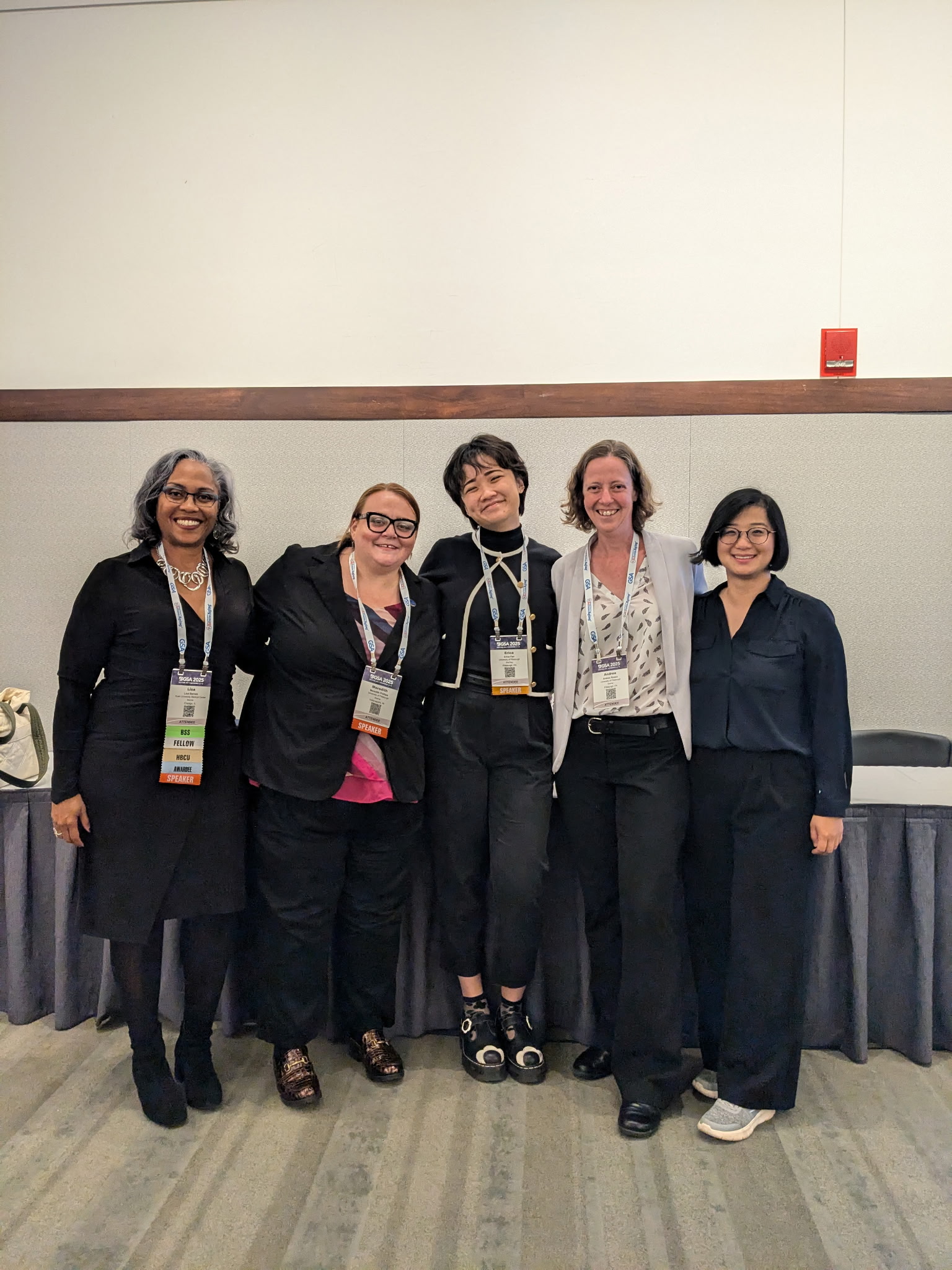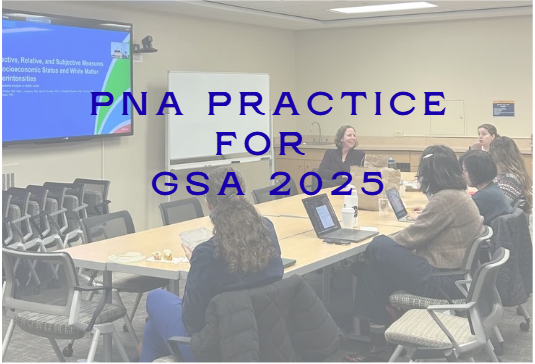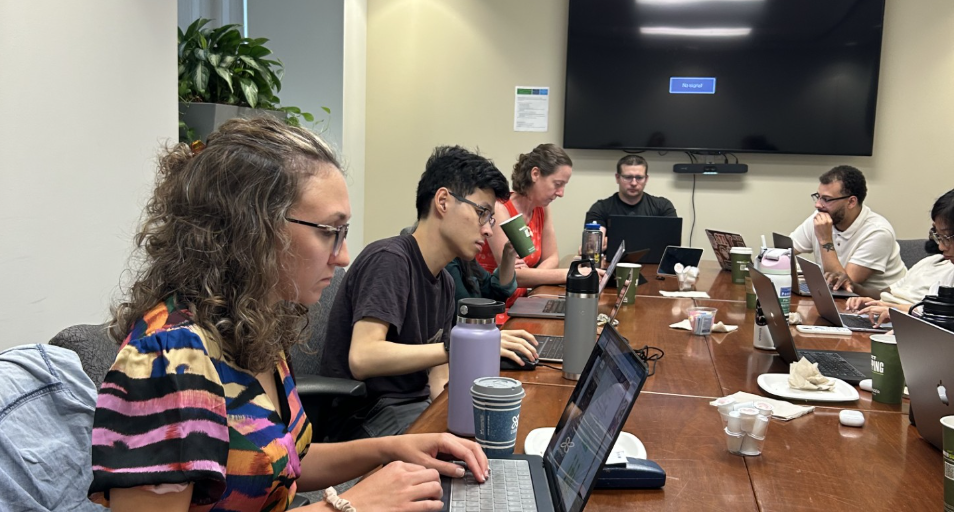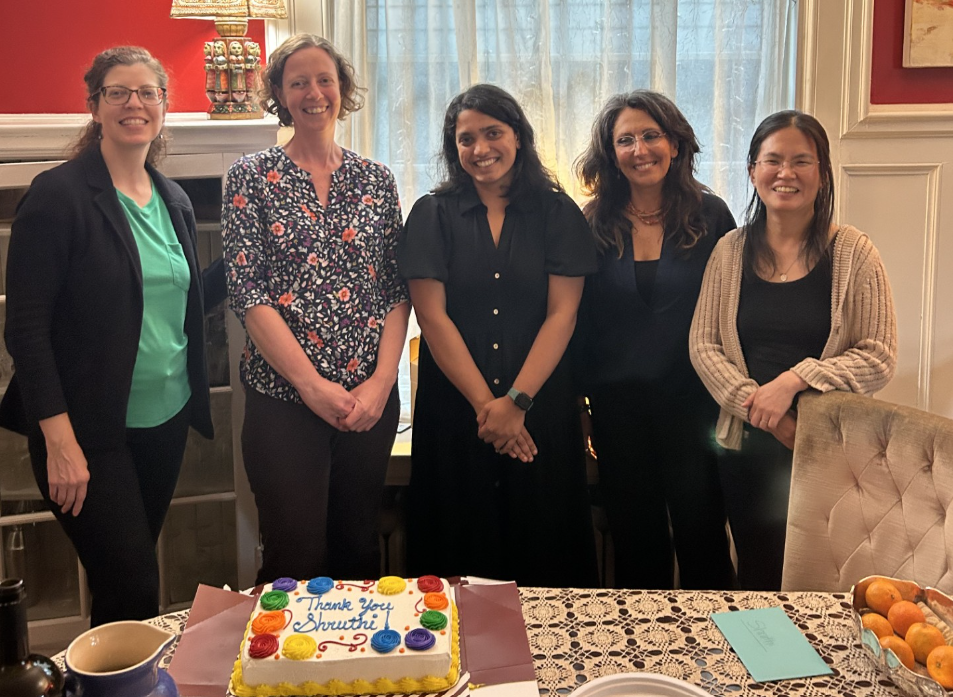NIH Sexual and Gender Minority Research Investigator Awards Program
The National Institutes of Health (NIH) Sexual and Gender Minority (SGM) Research Investigator Awards Program was developed to recognize investigators who have made substantial and outstanding research contributions in areas related to SGM health. On September 17, 2020, the SGMRO honored one distinguished investigator and two early-stage investigators for their exemplary work in this field during the NIH SGM Research Symposium.
 Identifying Risk and Protective Factors for Alzheimer’s Disease and Related Dementias Among Sexual and Gender Minority Older Adults
Identifying Risk and Protective Factors for Alzheimer’s Disease and Related Dementias Among Sexual and Gender Minority Older Adults
Jason Flatt, PhD, MPH, 2020 Early-Stage Investigator Award Recipient
Jason D. Flatt, PhD, MPH (Pronouns: He/Him/His) is an Assistant Professor in the Social and Behavioral Program at the University of Nevada, Las Vegas, School of Public Health. His NIH-funded research aims to understand risk and protective factors for Alzheimer’s disease and related dementias among sexual and gender minorities (SGM) or lesbian, gay, bisexual, transgender, queer, and intersex (LGBTQI+) older adults. For 10+ years, Jason has leveraged his platform as a public health researcher to advocate for the aging SGM community. He collaborates with interACT Advocates, SAGE Advocacy & Services for LGBT elders, Los Angeles LGBT Center Senior Services, and Openhouse in San Francisco. He partners with Openhouse and Los Angeles LGBT Center on Building H.O.U.S.E. (Healthy Outcomes Using a Supportive Environment), a study on the impact of affordable and welcoming housing on the health of SGM older adults. He also works with Openhouse and OnLok Lifeways to create San Francisco’s first welcoming LGBTQ+ community day program for older adults. His work has been featured in the San Francisco Chronicle, U.S. News and World Report, NPR, Newsweek, and international news outlets. Adults aged 60+ are one of the fastest-growing groups in the United States, including those identifying as SGM. Jason’s hope is that his current research and advocacy efforts will help to shape the training of care providers and create a more inclusive environment for SGM individuals. Jason and his husband live in Las Vegas, NV with their two Boston Terriers, Brain, and Bowie, and their Yorkie mix, Tuna.








